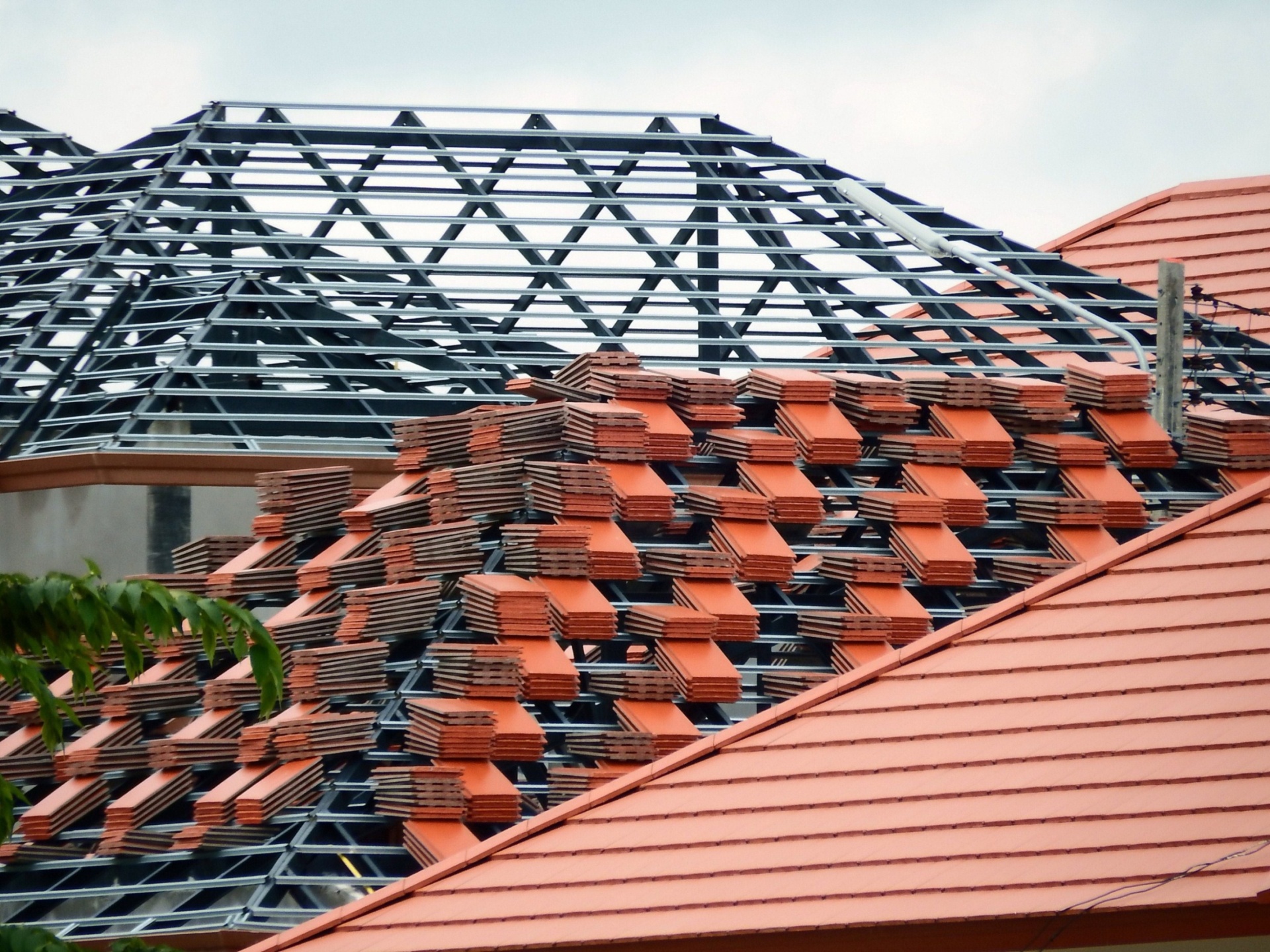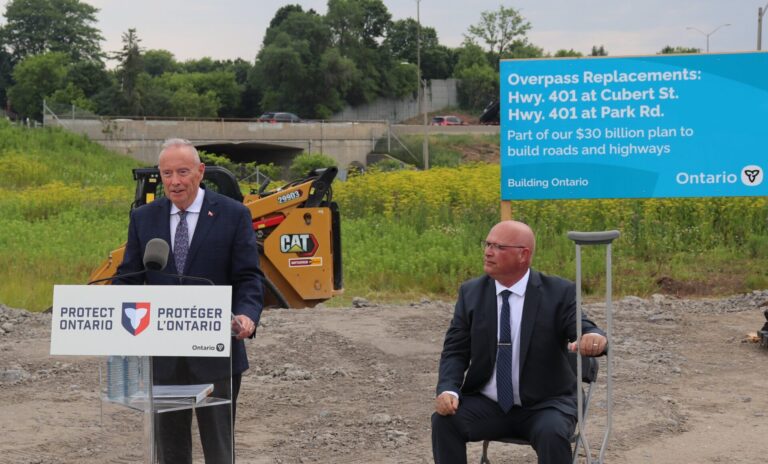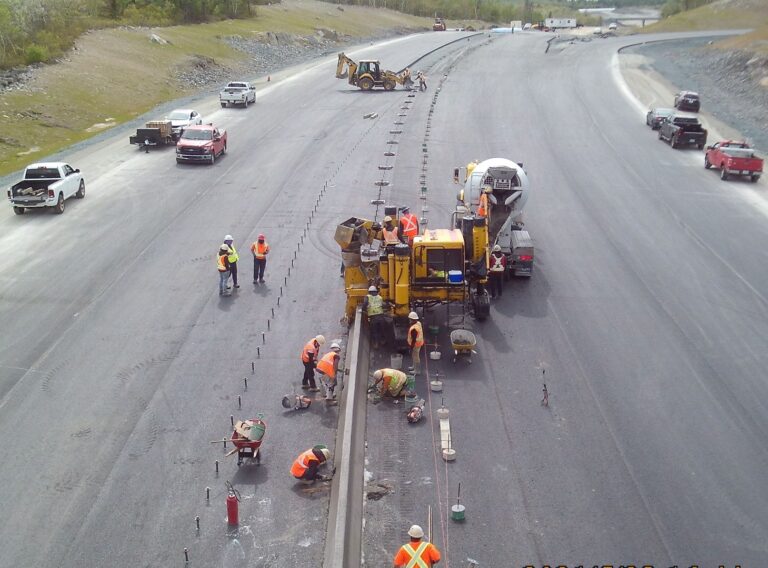Industry stakeholders from across the province are reacting to the decision by the Ontario government to shut down some types of construction work in the province.
On April 3, the Government of Ontario released a refined list of the types of construction deemed an essential service moving forward:
- Construction projects and services associated with the healthcare sector, including new facilities, expansions, renovations and conversion of spaces that could be repurposed for health care space.
- Construction projects and services required to ensure safe and reliable operations of, or to provide new capacity in, critical provincial infrastructure, including transit, transportation, energy and justice sectors beyond the day-to-day maintenance.
- Critical industrial construction activities required for,
- the maintenance and operations of petrochemical plants and refineries,
- significant industrial petrochemical projects where preliminary work has already commenced,
- industrial construction and modifications to existing industrial structures limited solely to work necessary for the production, maintenance, and/or enhancement of Personal Protective Equipment, medical devices (such as ventilators), and other identified products directly related to combatting the COVID-19 pandemic.
- Residential construction projects where,
- a footing permit has been granted for single family, semi-detached and townhomes
- an above grade structural permit has been granted for condominiums, mixed use and other buildings, or
- the project involves renovations to residential properties and construction work was started before April 4, 2020.
- Construction and maintenance activities necessary to temporarily close construction sites that have paused or are not active and to ensure ongoing public safety.
“Today’s decision by the government of Ontario to largely shut down private sector Industrial and Commercial construction in the province is a difficult but necessary one, given the growing threat of the COVID-19 pandemic,” said Patrick Dillon, Business Manager of the Provincial Building and Construction Trades Council of Ontario. Public sector infrastructure projects, together with the residential sector, will largely remain open.
However, some organizations are continuing to stress the need for improved health and safety measures at the sites, ensuring that workers are not risking exposure to the coronavirus.
“Safety has and always will be the industry’s top priority,” RESCON vice-president Andrew Pariser emphasizes. “The Occupational Health and Safety Act allows workers to refuse unsafe work, but also mandates Joint Health and Safety committees, an avenue for workers and management to address safety concerns at an early stage. Our goal is to address safety issues (COVID-19 related or not) through communication and teamwork before they become a hazard.”
There are also concerns being raised about how this further shutdown will impact general contractors with respect to penalties for failing to complete projects by the date agreed upon in the contract.
“Unfortunately, general contractors are now subject to penalty clauses for the costs associated with the government shutdown. We are actively working with members, associate partners and government to ensure that general contractors receive the support so desperately needed,” stated a release from the Ontario General Contractors Association.
The Government of Ontario has yet to address whether or not it will provide any compensation for builds that are delayed as a result of coronavirus impacts on the sector.











